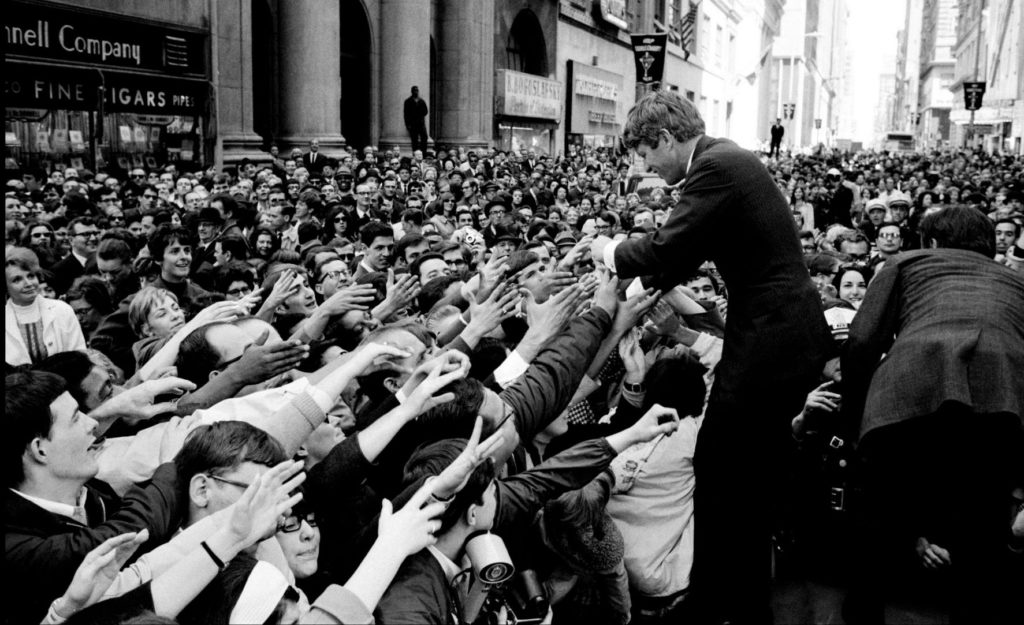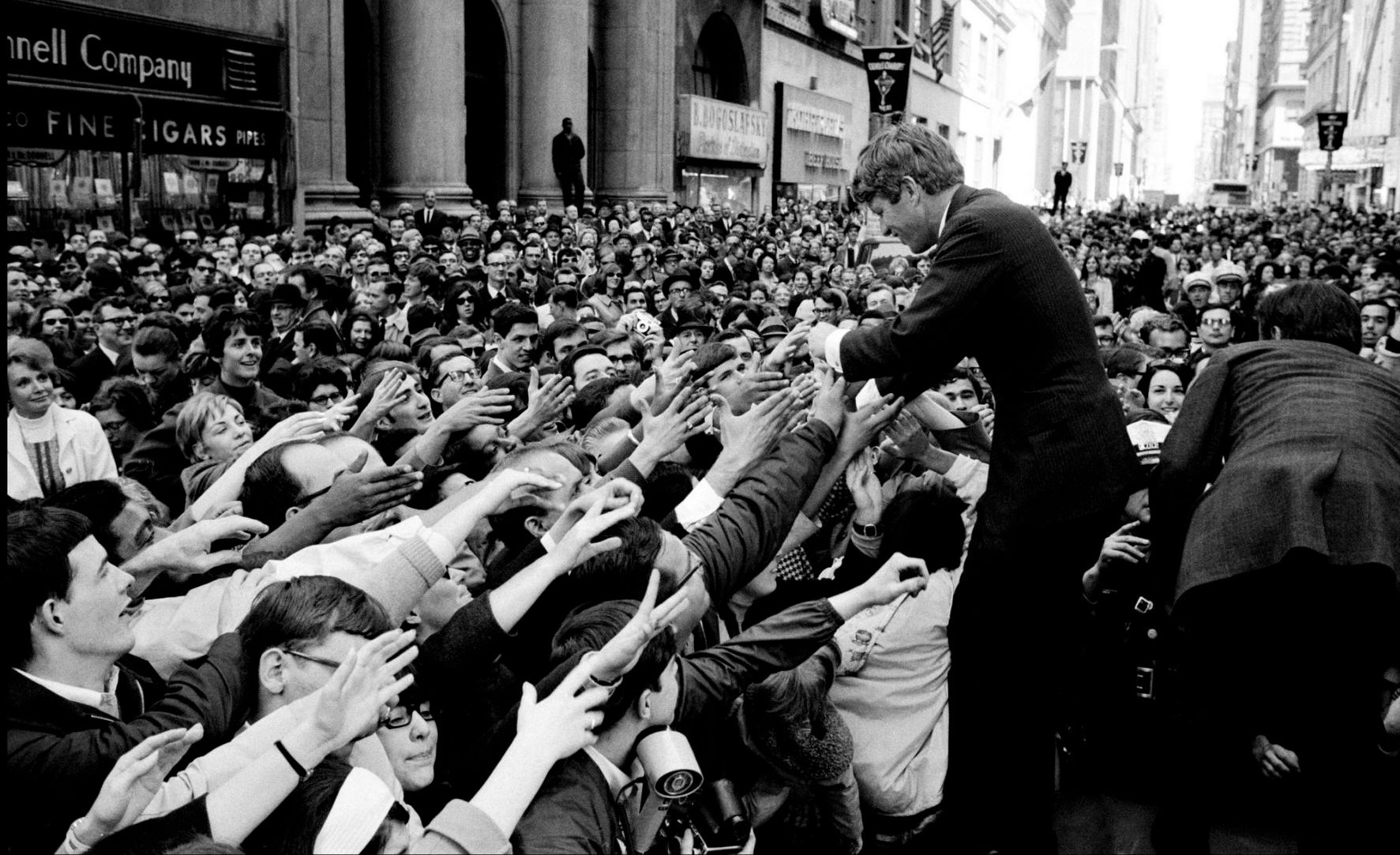In January 1969, I was roaming around a local bookstore. My second year in college and I had to select a non-fiction book to read and write a report for a history class.

History… what book am I going to find that’ll maintain my interest? I couldn’t finish reading the flyleaf of most history books much less think of writing a report.
“Here,” the bookseller said, handing me a book opened to the first page. “Read this.”
“On Tuesday morning, October 16, 1962, shortly after 9:00 o’clock, President Kennedy called and asked me to come to the White House. He said only that we were facing great trouble. Shortly afterward, in his office, he told me that a U-2 had just finished a photographic mission and that the Intelligence Community had become convinced that Russia was placing missiles and atomic weapons in Cuba.”
At the time of the Cuban Missile Crisis, I was 14-years old, and while I remember the gravity of President Kennedy’s televised speech, I didn’t remember many of the details. Robert Kennedy memorialized those details in what would become, Thirteen Days, published a year after his death. After reading that first paragraph, I was hooked.
While former Kennedy Librarian Sheldon Stern’s book, The Cuban Missile Crisis in American Memory (2012), brings to light the inaccuracies and misconceptions of the confrontation between the U.S. and Russia, Thirteen Days was the first draft of that crucial time, and Robert Kennedy wrote with the passion and urgency of someone who was in the room where critical decision-making took place.
The previous year, I was a minor volunteer on Kennedy’s campaign for president. He spoke with reason and conviction that uplifted all who listened, and I was one of those who listened. After his assassination, fifty years ago this month, it would be several decades before I would work on another campaign.
Kennedy had just lost the Oregon primary and was headed to California for a much-needed win. Although I never attended a rally, his charisma was on full display in motorcades and speeches. No other political figure at that time had that kind of approachable persona, the kind that could reach out during times of stress and calm.
Jeff Greenfield, who worked as a backup speechwriter for Kennedy’s campaign, writes, “Once, on a campaign trip, we were in one of those smaller planes, and it was really jumping up and down. Everybody was pale, worried.
“Kennedy got up and came down the middle of the aisle and said, ‘I just want to say, in all modesty, that if we don’t make it, your names are going to be in very small type.’ ”
What attracted my attention most were Kennedy’s speeches. On April 4, exactly one month before the California primary, Kennedy stood on the back of a truck to deliver the tragic news that Rev. Martin Luther King, Jr. had been assassinated a few hours earlier. When word slowly spread to cities across the country of King’s death, many angry blacks were marching in protests and setting fires.
That night in Indianapolis, many of Kennedy’s staff, including the city’s chief of police, urged him to cancel the rally, saying that it wasn’t safe.
“I’m going to 17th and Broadway,” Kennedy told them. “I’m going there and that’s it, and I don’t want any police going with me.”
A crowd of about 1,000 had showed up and most had not yet heard the news of King’s death.
The spontaneity of Kennedy’s words and the reaction of shock from the crowd was palpable. “I have bad news for you, for all of our fellow citizens, and people who love peace all over the world, and that is that Martin Luther King was shot and killed tonight. …
“What we need in the United States, is not division,” Kennedy told the crowd, “what we need in the United States is not hatred; what we need in the United States is not violence or lawlessness; but love and wisdom, and compassion toward one another…”
Kennedy’s appeal came from the head as well as the heart, and his final words that night are just as moving and relevant today.
“We will have difficult times; we’ve had difficult times in the past; we will have difficult times in the future. It is not the end of violence; it is not the end of lawlessness; it is not the end of disorder.
“But the vast majority of white people and the vast majority of black people in this country want to live together, want to improve the quality of our life, and want justice for all human beings who abide in our land.
“Let us dedicate ourselves to what the Greeks wrote so many years ago: ‘to tame the savageness of man and make gentle the life of this world.’
“Let us dedicate ourselves to that and say a prayer for our country and for our people.”
Kennedy was not a perfect man. None of us are.
But in that six-minute speech, Robert Kennedy channeled the better angels of America’s nature. He stood for peace over conflict; courage over fear; compassion over indifference; humility over arrogance; and love over hate.
The best way to keep his legacy alive is for each of us to demonstrate those qualities in our own lives. And when we are tested – as surely we will be – to remember those better angels.
Comments











